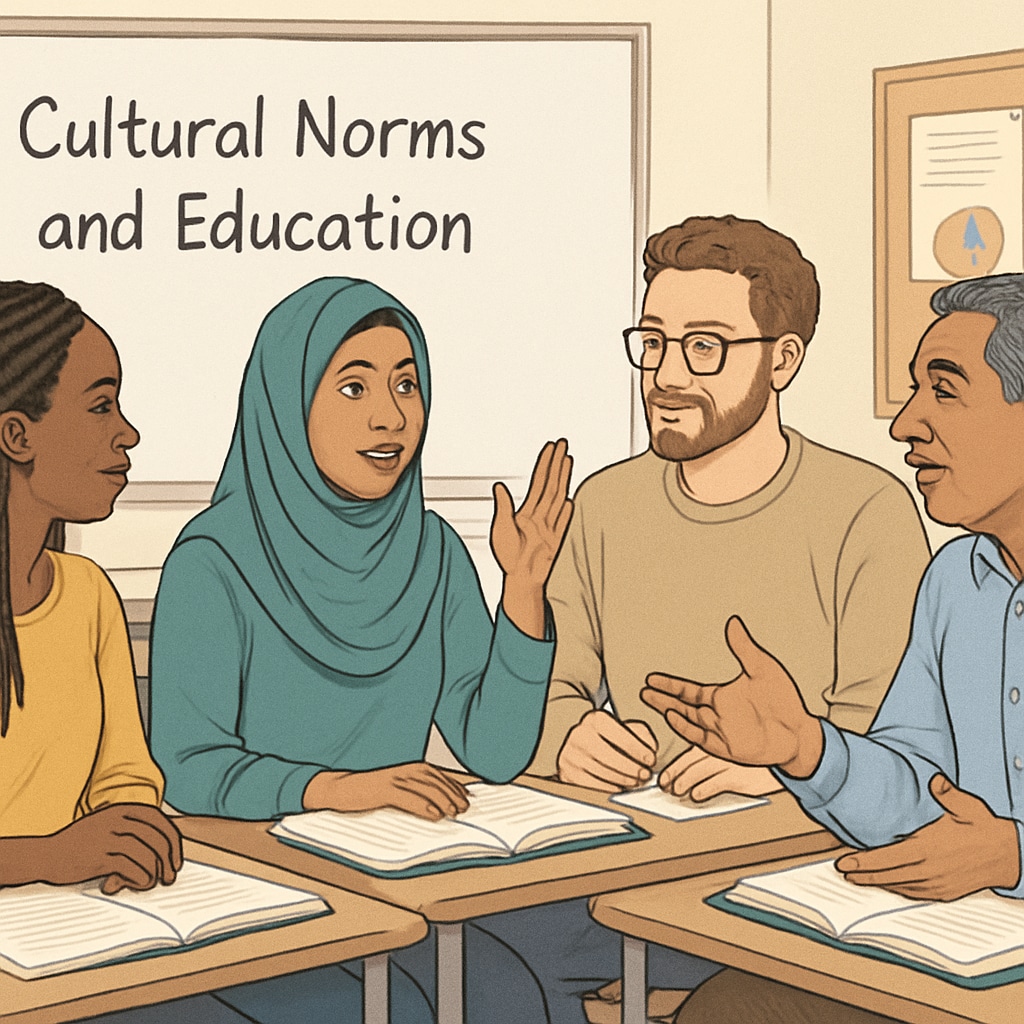Adult international students often face unique challenges when adapting to Western culture, particularly within the education system. This transition requires a solid foundation in both cultural norms and basic academic skills. By leveraging tailored adult education courses, community resources, and personalized learning paths, students can bridge the gap between their native environments and Western educational expectations. These tools not only empower individuals but also enable them to thrive in their new cultural surroundings.

Understanding the Need for Adult Education in Cultural Adaptation
For many international students, entering a Western education system involves more than learning academic subjects; it requires decoding cultural nuances, communication styles, and societal expectations. This is particularly true for adult learners who may already possess professional experience but lack familiarity with Western conventions. Adult education programs tailored to cultural adaptation can address these gaps by offering courses on cultural norms, language proficiency, and foundational knowledge.
For example, many community colleges and adult education centers provide programs specifically for international students. These courses often include topics such as professional communication, cultural etiquettes, and basic academic skills. By enrolling in such programs, students can gain the tools needed to navigate both educational and everyday settings with confidence.
Leveraging Community Resources for Cultural Integration
Community resources play a vital role in helping adult international students adapt to Western culture. Libraries, local organizations, and cultural exchange programs can provide valuable support outside of formal education settings. For instance, public libraries often host free workshops on language learning, digital literacy, and cultural awareness. Similarly, community centers may organize events that allow international students to interact with locals, fostering mutual understanding and integration.
Another effective resource is mentorship programs. These initiatives pair international students with local mentors who guide them through cultural and academic challenges. Mentorship not only offers practical advice but also builds meaningful connections that ease the transition into a new environment.

Creating Personalized Learning Paths for Success
Every student has unique needs and learning styles, making personalized education plans essential for success. International adult learners can benefit from creating individualized learning paths that align with their goals and challenges. For example, a student aiming to enter the workforce may prioritize courses on professional skills and workplace etiquette, while another pursuing academic qualifications might focus on advanced language proficiency and critical thinking.
Online platforms also provide flexibility for personalized learning. Websites like Coursera and Khan Academy offer courses that cater to diverse needs, from academic subjects to soft skills development. These platforms allow students to learn at their own pace while accessing high-quality resources tailored to their specific objectives.
Conclusion: Building Bridges Through Education
Adapting to Western culture as an adult international student can be daunting, but the right tools and resources make the journey manageable. Tailored adult education courses, community support, and personalized learning paths are key strategies for fostering cultural adaptation and foundational knowledge growth. By taking advantage of these opportunities, students can transform challenges into stepping stones toward success in their new environment.
As a result, education becomes more than just academic learning; it becomes a bridge that connects individuals across cultures, enabling them to thrive both personally and professionally in a globalized world.


